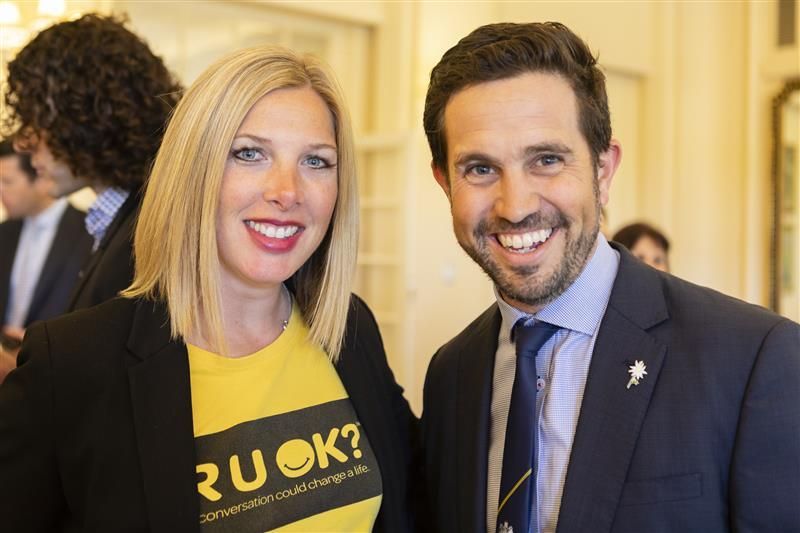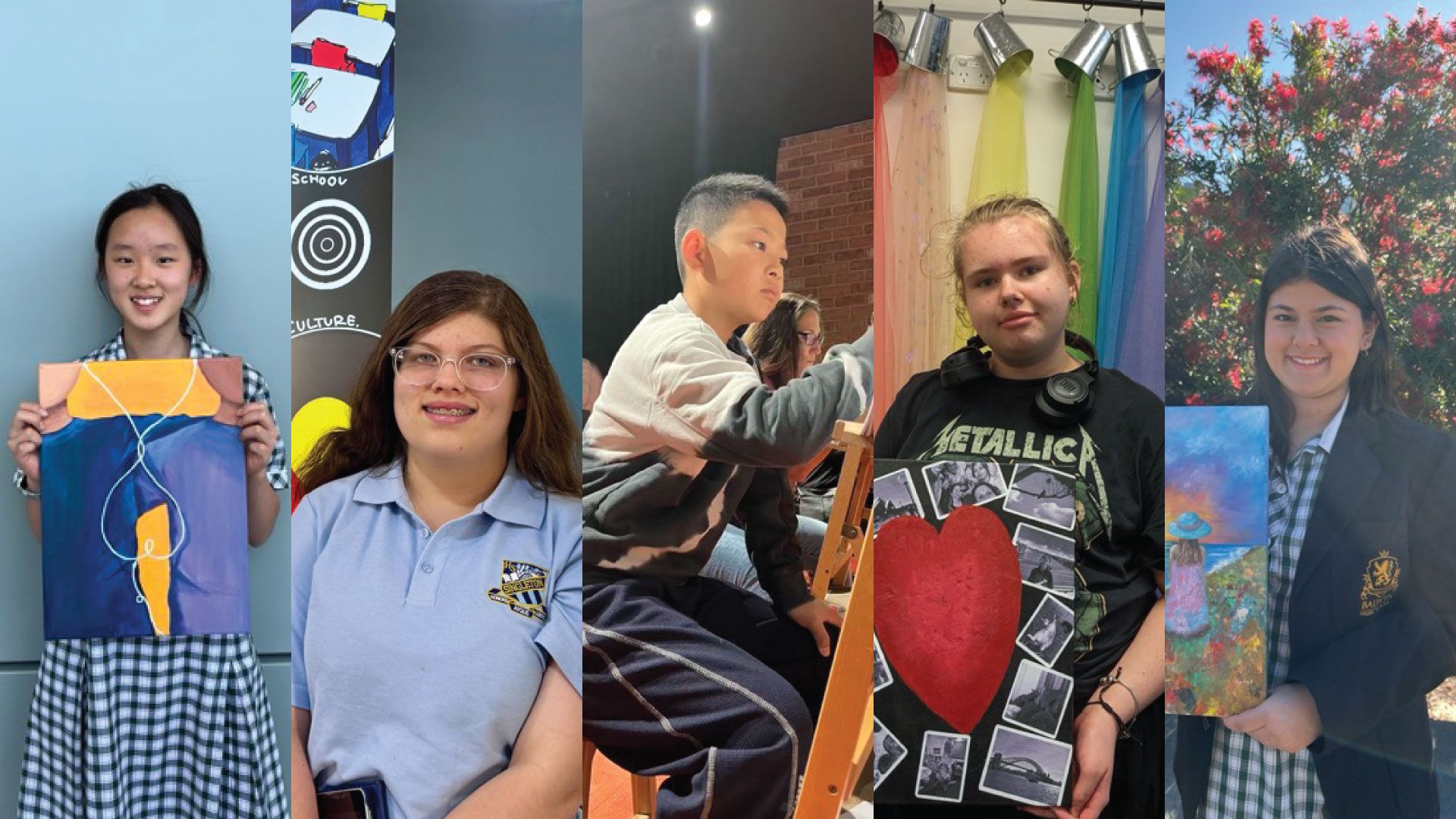Having an R U OK? conversation online or over text





Sign up to our newsletter for conversation tips, news and insights from our team, experts and supporters.
R U OK? is an Australian suicide prevention charity and registered public health promotion that encourages people to stay connected and have conversations that can help others through difficult times.
R U OK? acknowledges Aboriginal and/or Torres Strait Islander peoples and communities as the traditional custodians of the land on which we live and work and pay our respects to elders past, present and emerging. We are an inclusive organisation and respect people of all backgrounds, genders, sexualities, cultures, bodies and abilities.
R U OK? is an Australian suicide prevention charity and registered public health promotion that encourages people to stay connected and have conversations that can help others through difficult times.
R U OK? acknowledges Aboriginal and/or Torres Strait Islander peoples and communities as the traditional custodians of the land on which we live and work and pay our respects to elders past, present and emerging. We are an inclusive organisation and respect people of all backgrounds, genders, sexualities, cultures, bodies and abilities.
R U OK? is an Australian suicide prevention charity and registered public health promotion that encourages people to stay connected and have conversations that can help others through difficult times.
R U OK? acknowledges Aboriginal and/or Torres Strait Islander peoples and communities as the traditional custodians of the land on which we live and work and pay our respects to elders past, present and emerging. We are an inclusive organisation and respect people of all backgrounds, genders, sexualities, cultures, bodies and abilities.